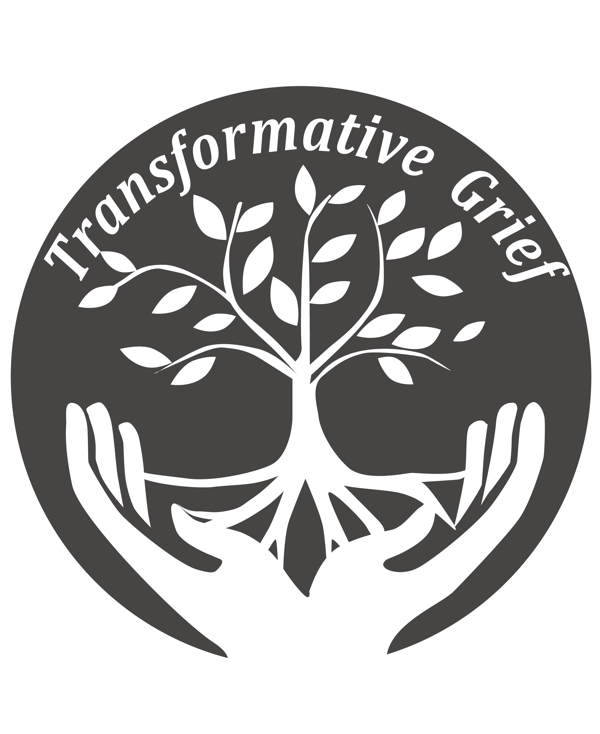Grief is lonely. Mourning the loss of those we love is painful and lonely during normal times. This new normal of shelter-in-place makes grieving even more isolating. No longer can friends and family stop by for coffee, to change a light bulb, to share a meal. No longer can we see others at the library, salon, gym, or work. Our already difficult days have become even more distressing (how is that even possible)! We imagine how much easier this would be if our loved ones were still here. Resentment builds as we hear of others playing games, sharing meals, going for walks with those they live with. Our soundtrack plays on repeat, It’s not fair! I don’t want to be alone! I can’t take being alone another minute! I hate this! I hate everyone! I want my old life back!
These feelings are real, allow yourself the time and space to feel them. This is hard, lonely, unfair. Yet, you are not alone. And if you are reading this blog you are most likely safe at home and not in a hospital bed unable to text, call, or connect virtually or otherwise. Give yourself a few minutes each day to wallow in the injustice of it all and then breathe and reframe to gratitude. I am here. I am safe. I can reach out to those I love. I can find positive distractions. I can and I will get through this.
We can not change or control that our loved ones have died. We can not change or control that we are living in this surreal time of the coronavirus.
We can control our thoughts, our attitude and our choices.
Reframing from “I can’t, I don’t want to, I have to” to “I can and I will” helps to alleviate the sense of powerlessness we are feeling during this surreal time. I can practice social distancing to prevent the spread of the coronavirus. I can Facetime with family and friends instead of visiting them in person so we stay connected without putting each other at risk. I can and I will step outside of my comfort zone and embrace new ways of connecting virtually.
Watch catastrophic thinking, trying to predict the future, or experiencing your worst case scenario fears as present day realities. We can not predict how long this will last. We can take it one day at a time.
We can manage the anticipatory fear around the possibility of getting sick and the true dread of being alone and lonely with mindful and intentional self-care:
- Sleep is important to maintaining optimal health. Create a sleep habit. Try to go to bed and wake up around the same time every day. It is good to avoid caffeine 6 hours before bed. Shut down bright screens about an hour before bed. Engage in calming activities such as taking a bath, a hot shower, writing in your journal, or meditating (try a meditation app such as CALM or Headspace or go to www.healthjourneys.com).
- Stay hydrated. Drinking water is important to overall health and wellness.
- Wash your hands with soap and water whenever you come in from outside, before you eat, after you eat, whenever you leave a public space (essential outings only). Do not touch your face.
- Clorox wipe cell phones, door knobs, light switches, faucets, flushers and any other high touch surfaces.
- Maintain a healthy diet of fruits, vegetables, lean proteins.
- Let go of expectations around what was and try to adapt to this temporary new normal with patience, mindfulness, creativity and flexibility.
- Stay connected.There are many ways to virtually connect: Facetime, Zoom, call, text, play online games.
- Create a mantra to help reframe and replace intrusive, anxiety producing thoughts with words of affirmation: I am okay. I will get through this. This too shall pass.
- Breathe. “O” breathing: Breathe in deeply through your nose and exhale slowly and intentionally with your mouth in the shape of an O (as if you are sucking through a small straw). Repeat. Nasal breathing: Breathe in and out slowly through your nose. Feel your breath instead of thinking about your breath. Focus on the feeling of the air slowly coming in and out of your nose. If you find this challenging you can help to focus by calmly saying in your mind “I am breathing in, I am breathing out.” in sync with your breathing. Repeat.
- Limit exposure to the news. Find a news source you trust that delivers news in a way that informs without escalating anxiety. Limit yourself to 30 minutes in the morning and 30 minutes in the early evening. Try not to watch or read the news before going to bed as this can make falling asleep (and having a restful sleep) difficult.
- Go outside. Nature is restorative and centering. Walk, run, ride your bike, shoot hoops, sit in the sun and listen to music or read. If you can not go outside open your windows and let the fresh air in.
- Exercise. Many fitness studios are live-streaming classes. On Demand has exercise classes available as well (from relaxation and stretching to high intensity bootcamps).
- Engage in positive distractions. Read, do puzzles, organize, bake, build, clean, watch movies, NETFLIX, scrapbook, watch TED Talks, plan a virtual time each week to connect with family and friends through Zoom or Facetime….the options are endless!
Commit to a 3 a day practice:
- Do at least one productive thing a day (have to/need to).
- Do at least one thing a day that you choose or want to do (something creative, fulfilling, fun).
- Try one new thing a day (read a new book, listen to a new song, watch a new show, try a new exercise, hobby, or recipe).
None of us would have chosen this, yet, here we are. We can sit in frustration, resentment, fear. We can wallow, judge, forecast catastrophic gloom and doom or we can focus on what we can control and make the best of this surreal time. One day at a time.
You are more resilient than you feel. Remember you are 100% successful at getting through the worst of times. You can and you will do this. You will be okay.










Dear Jen,
These are beautiful ideas and directions for us to take. They should probably be published to share with others. Thank you for sharing these thoughts with me.
Thank you Michael.Please do share. I am grateful that you found this article meaningful.Take good care and stay well, Jen
Excellent ideas!
So glad you found them to be helpful. Take care.